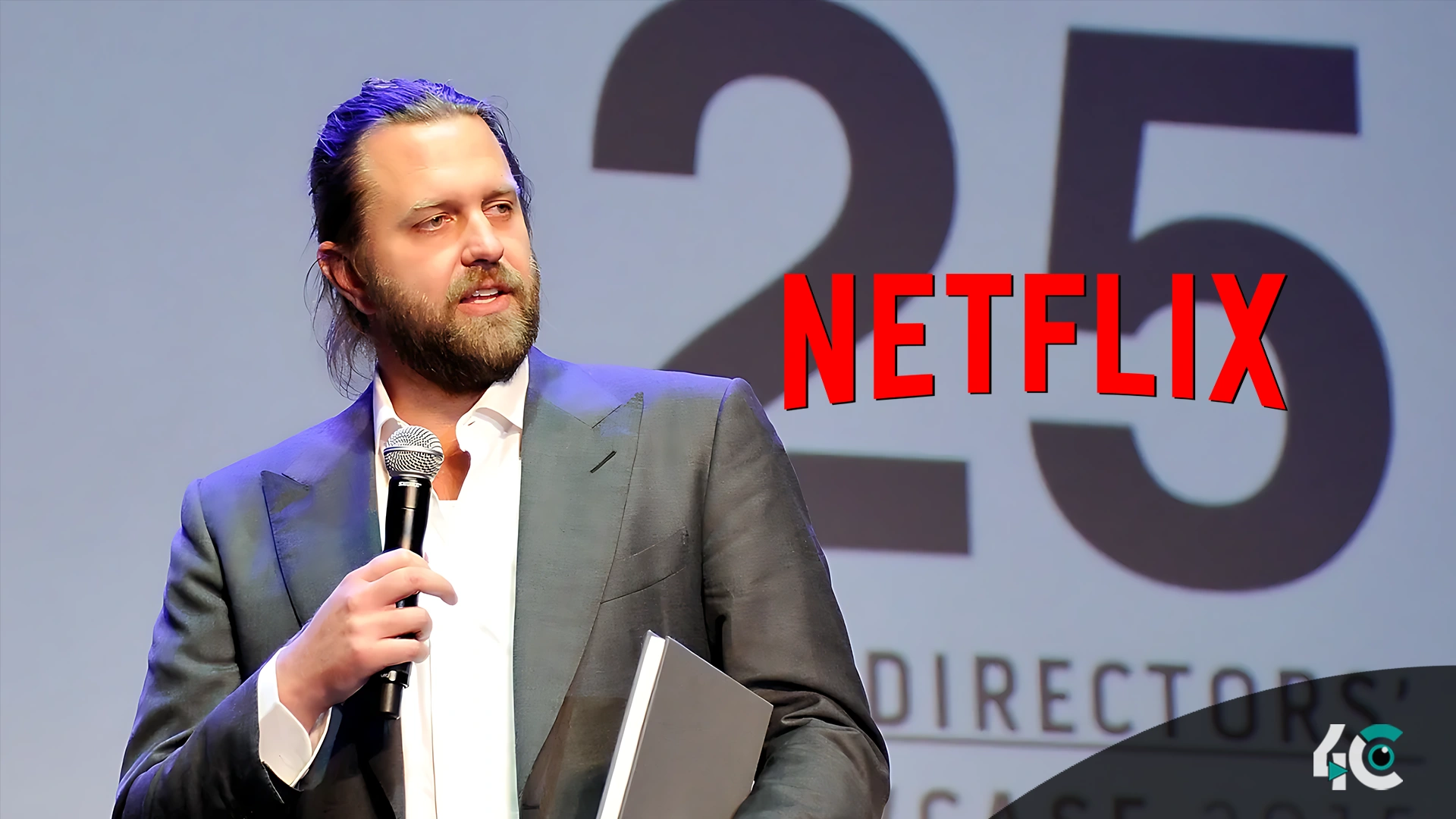A filmmaker is under fire for allegedly diverting Netflix funds into cryptocurrency and stock trading. The accusations raise concerns over financial misconduct in the entertainment industry, drawing legal and public scrutiny.
Prosecutors claim that Netflix had set aside the money for post-production for a series originally called White Horse—later renamed Conquest—as well as for supporting the storyboarding and actor payments. But instead of supporting the program, Rinsch allegedly put $10.5 million into a brokerage account and engaged in high-risk trading, including options on a biopharmaceutical business. These deals turned out to be losses of more than $5.5 million.
Rinsch supposedly reassured Netflix that production was going OK despite the financial losses. He had more luck trading cryptocurrencies, though, and early in 2021 he earned several million dollars. He allegedly spent the money on ostentatious items, including five Rolls-Royces, a Ferrari, pricey watches, and upscale furniture valued at about $3.8 million, instead of reinvesting it in the series.
Prosecutors also assert Rinsch settled credit card debt of over $1.8 million and paid another $1 million in legal fees pertaining to suing Netflix for extra money to cover divorce costs.
Though Netflix was not specifically mentioned in the indictment, sources suggest that the streaming service paid Rinsch over $55 million for the series prior to project cancellation in early 2021 due to concerns over his behavior.
Rinsch is currently facing multiple charges, including wire fraud, money laundering, and illicit financial activity. Should he be found guilty, his maximum sentence for fraud and money laundering maybe 20 years; extra fines for the monetary transaction offenses could apply. March 18 saw him brought into arrest; his case is currently before federal court.
His legal counsel has not yet made any public comments on the claims.















































